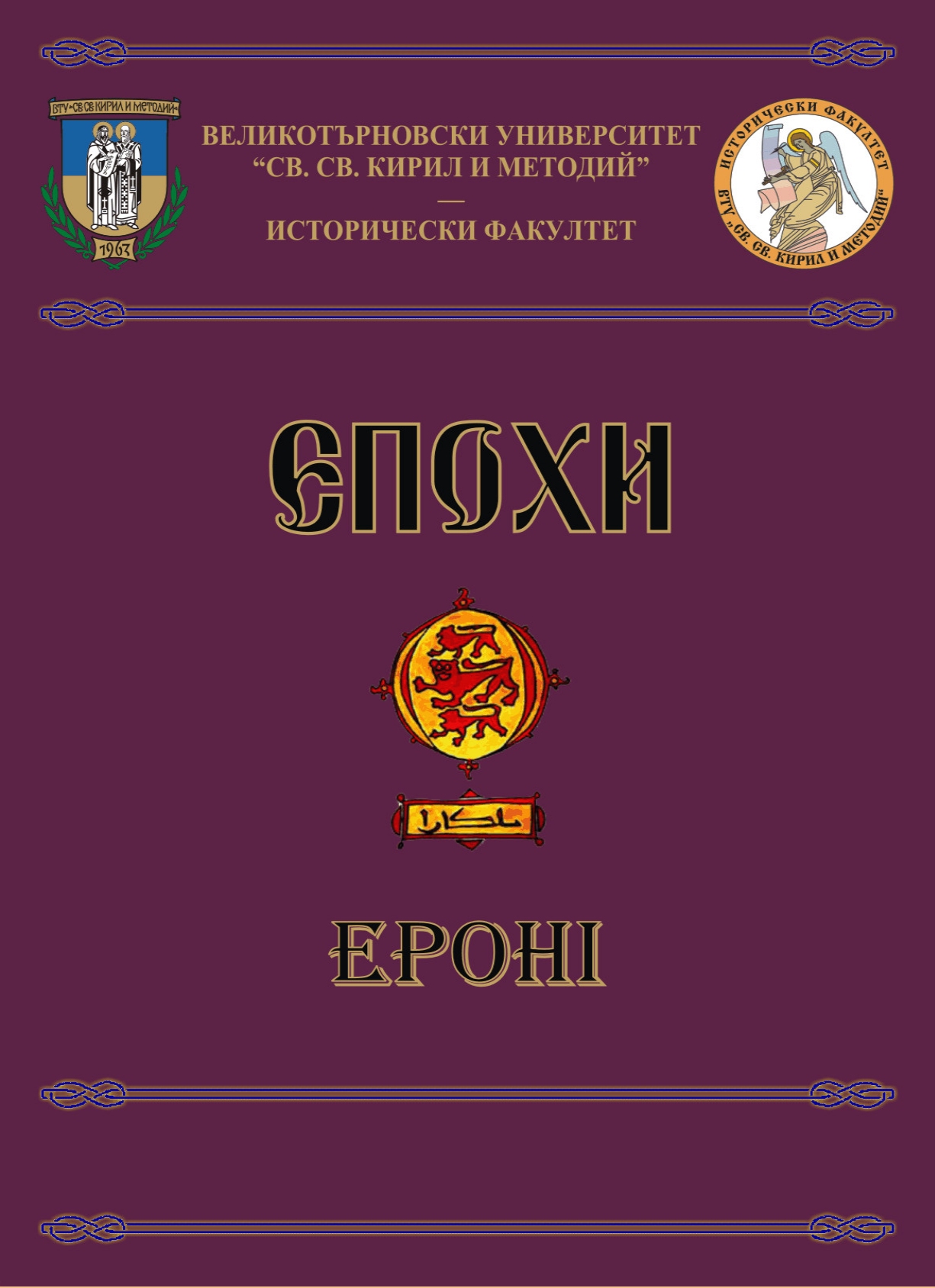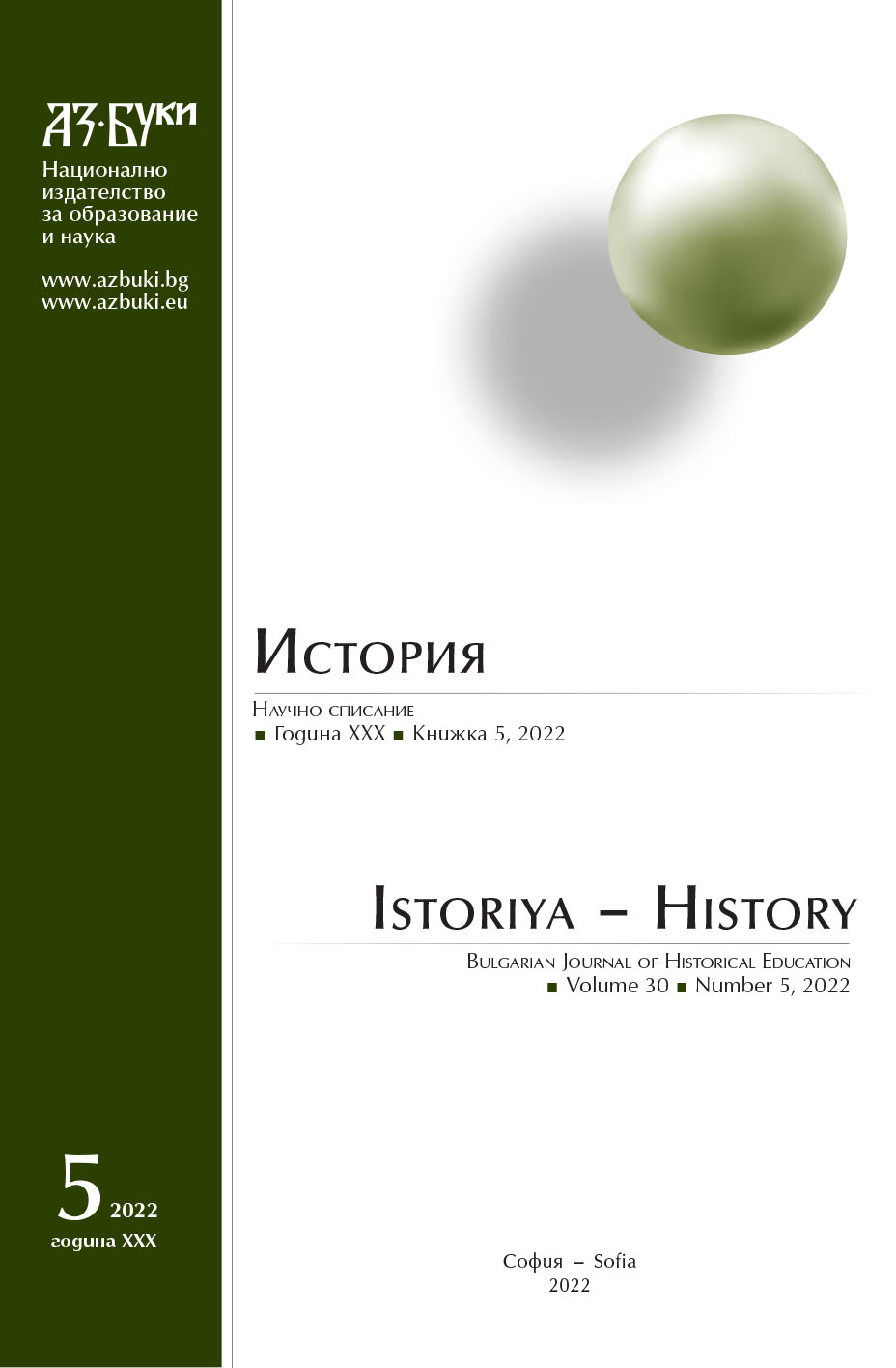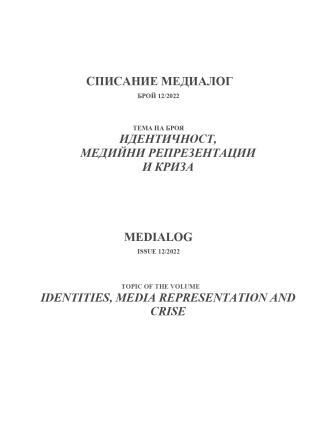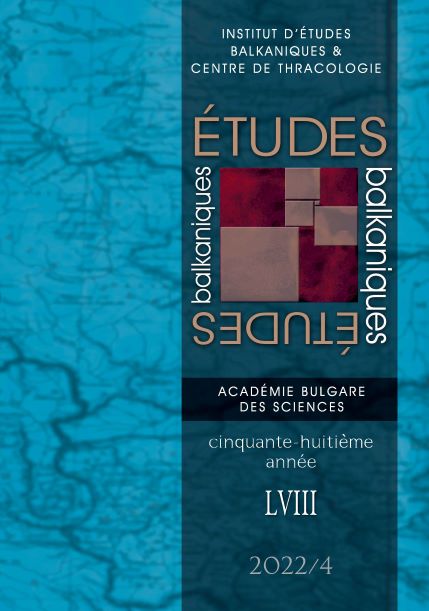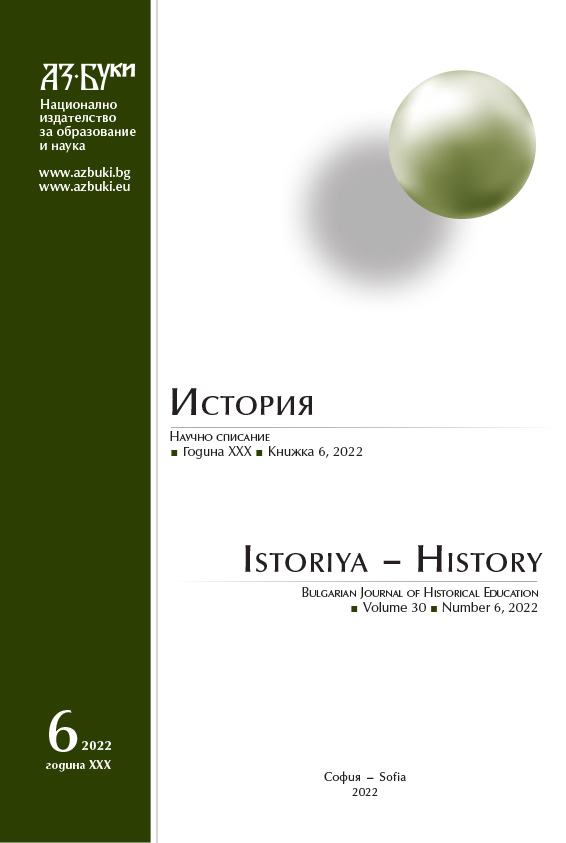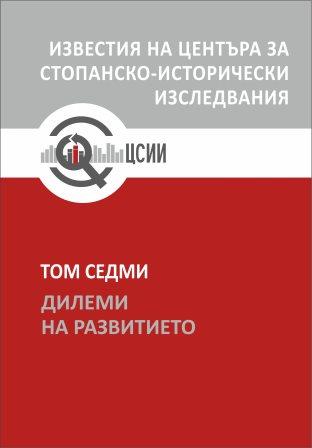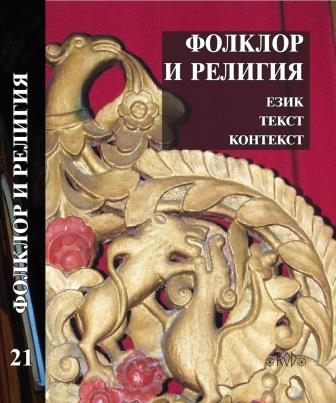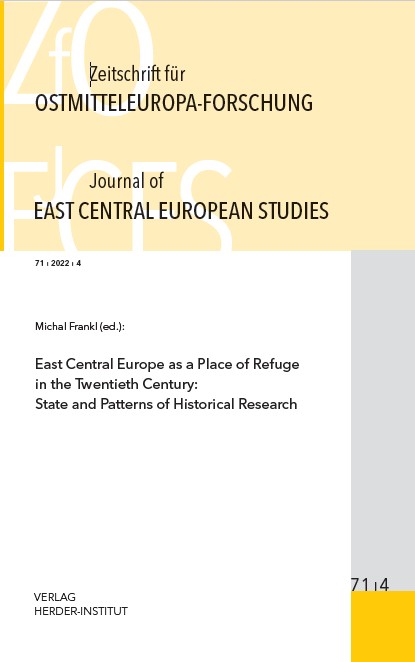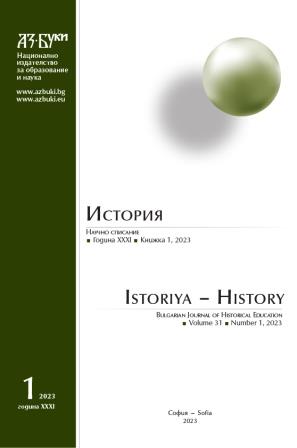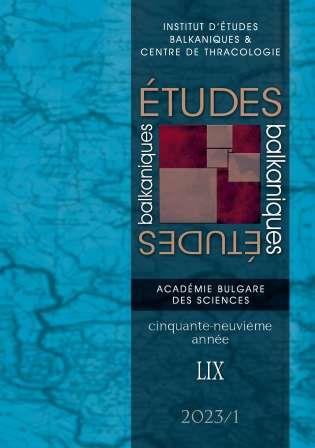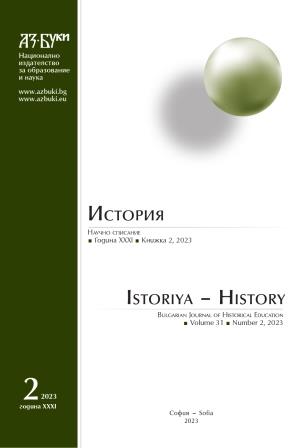Author(s): Sotir Ivanov / Language(s): Bulgarian
Issue: 21/2022
Създаването на Исторически музей – Петрич се превърна в ключов фактор за издирването, изучаването, опазването и експонирането на културно-историческото наследство на Община Петрич. Откриването, опазването и експонирането на Хераклея Синтика, съвременното проучване на укрепителните съоръжения на българския цар Самуил (997–1014 г.), използването на археологическото и историческото културно наследство за създаване и развитие на културно-исторически туризъм са тясно свързани с дейността на ИМ – Петрич. В началото на XXI век както културно-историческият туризъм, така и рекреационния туризъм в Община Петрич са на толкова ниски нива, че практически не се отчитат. За няколко години, благодарение на ИМ – Петрич, община Петрич се превърна в лидер на културноисторическия туризъм в трансграничния регион България – Гърция – Северна Македония с устойчива годишна посещаемост от около 50 000 души. Дори в условията на коронавирусна инфекция и строги ограничителни мерки обектите на ИМ – Петрич запазват своята атрактивност и популярност, като през третото тримесечие на 2020 г. отчитат сходни на предходната година резултати. Ефективната дейност на ИМ – Петрич дава възможност на Община Петрич да кандидатства и печели финансови средства за подкрепа на културно-историческо наследство по европейски проекти, които за 2020 г. представляват близо 20% от бюджета на общината. Посочените успехи показват както ресурса на културно-историческото наследство, така и огромната отговорност за неговото опазване и разумно използване. Хераклея Синтика е групова археологическа недвижима културна ценност с категория „Национално значение“, обнародвана в Държавен вестник (ДВ), брой 32 от 1965 г. Според ЗКН, чл. 50, ал. 1, т. 2 в тази категория влизат археологически резервати, както и други културни ценности с изключителна стойност 349 за културата и историята на страната. Въпросът е, дали такива обекти могат да бъдат опазвани, проучвани и експонирани в условията на ограничени административни, финансови, юридически, научни, творчески и интелектуални капацитети на общинските администрации. От обявяването на Хераклея Синтика за недвижима културна ценност с категория „Национално значение“ през 1965 г. до днес за изминали 55 години. В продължение на 42 години, от 1965 до 2007 г., Хераклея Синтика представлява бунище за земеделска и строителна продукция и неизчерпаем ресурс за незаконна иманярска дейност. През 2007 г. и 2020 г. Община Петрич печели значителни финансови средства по европейски проекти, но е очевидно, че реализираните дейности в Хераклея Синтика не задоволяват обществените потребности и поне на този етап не осигуряват устойчивост. Дефицитът по отношение на местните административни възможности може да бъде компенсиран единствено с постоянна методическа подкрепа и контрол от страна на Министерство на културата, съвместна дейност и сътрудничество с университети и Българска академия на науките (БАН), Международния съвет за паметниците на културата (ИКОМОС), Международния съвет на музеите (ИКОМ), ЮНЕСКО и др. Постигнатите резултати в Хераклея Синтика не трябва да се разглеждат като даденост, а като успешно начало на дълъг процес.
More...
